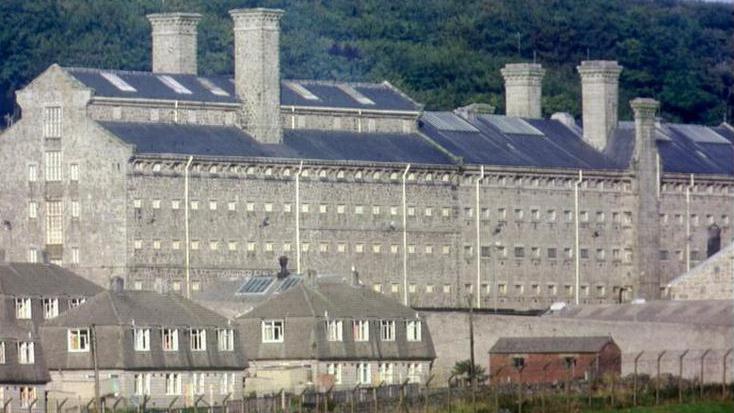High radon levels at prison found 13 years earlier
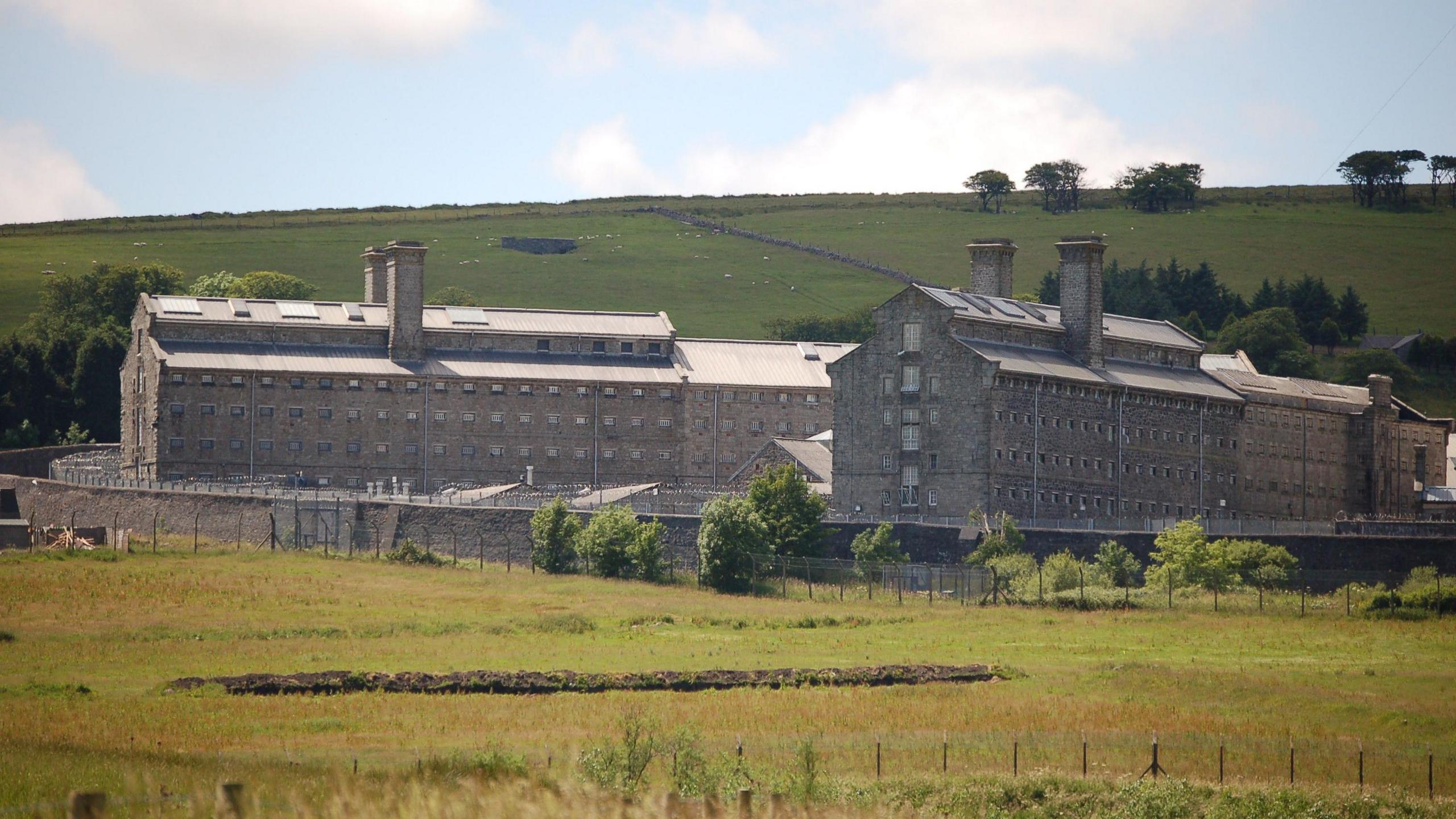
Dartmoor Prison was closed in August 2024 due to high levels of radon gas
- Published
The Ministry of Justice has confirmed radon gas levels higher than the recommended limit were detected at Dartmoor prison at least 13 years earlier than previously thought.
The government had previously said "elevated radon readings were first found at Dartmoor in 2020" when the prison was closed in August 2024 after levels up to 10 times higher than the recommended limit were recorded in some areas.
The BBC has seen an official letter from September 2007 confirming monitoring had already been carried out, and some readings were found to "exceed the threshold at which the regulations apply".
The MOJ said action was taken in 2007, including improving ventilation in affected areas.
'Risking so much'
Solicitor Mladen Kesar said he was already acting on behalf of more than 500 claimants taking legal action over alleged exposure to radon at the prison since 2020.
He said hundreds more former prisoners, as well as prison officers and staff, could potentially have been affected if high levels were detected in 2007.
"So many people went to work, not knowing that they were risking so much," he said.
"But the authorities knew."
Radon is a colourless and odourless radioactive gas which comes from decaying uranium in rocks like granite and soil.
It causes about 1,100 lung cancer deaths in the UK every year, according to the Health Security Agency.
'Staff are dying'
"Dartmoor Prison is built with granite. The walls are granite. Everything up there is granite," said one former prison officer, who wished to remain anonymous.
He's one of those taking legal action.
"It's always been renowned as being the worst job for retirement, because you don't have much of a retirement, but there are so many staff that are dying through cancer," he said.
He has not been diagnosed with cancer, but is worried about the impact of working at Dartmoor.
He said: "You cannot live waiting for that diagnosis. You've got to get on with it. However you cannot stop fighting, because there's a reason people are dying."
The decision to close the jail in 2024 followed years of monitoring and attempts to mitigate the radon levels.
Questions have since been asked about whether the Prison Service could and should have acted sooner.
In a written answer in Parliament in July this year, the Ministry of Justice said: "Elevated radon readings were first found at Dartmoor in 2020."
The 2007 letter was from the Health Protection Agency to the works department at the prison, and stated: "Please find enclosed the Report of Radon Measurements, which gives the results of the radon gas measurements taken with passive monitors."
It added: "One or more of the enclosed results exceed the threshold at which the Regulations apply."
In UK workplaces the Ionising Radiations Regulations 2017 apply if the radon level exceeds 300 Becquerels per cubic metre (Bq m-3).
Monitoring carried out at Dartmoor Prison in March 2020 showed levels of radon in a number of areas exceeded that, including the kitchen which returned a reading of 2988 Bq m-3 - nearly 10 times the limit.
The Health and Safety Executive (HSE) launched an investigation in December 2023, which is ongoing.
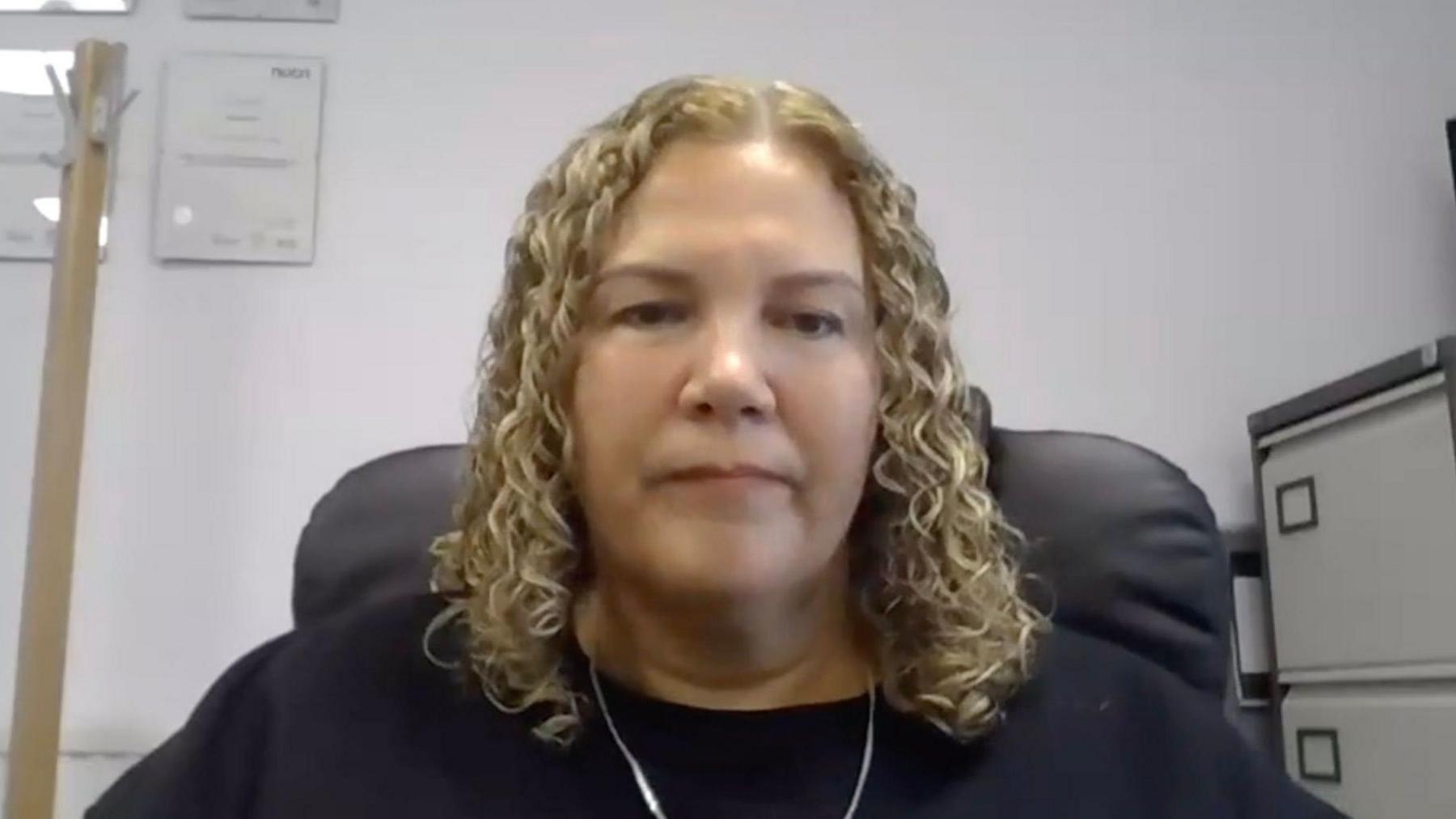
Sarah Rigby is the Prison Officers' Association officer for the South West and South Wales
The Prison Officers' Association (POA) said it would be seeking further legal advice on behalf of its members once the HSE report was published.
"There is some anecdotal evidence that some of these radon issues go a lot further back than what was initially thought, or what was admitted to by HMPPS (His Majesty's Prison and Probation Service)", said Sarah Rigby, the POA officer for the South West and South Wales.
"That's why we need the HSE investigation, really, just so we can sort of categorically know before we take any next steps."
The HSE said: "This has been a highly sensitive, complex investigation under high scrutiny. The investigation is ongoing and we cannot comment further at this time. "
A Ministry of Justice spokesperson said routine monitoring had occurred in 2007, and action was taken at the time, including improving ventilation in affected areas.
In a statement it said: "Our priority remains the wellbeing and safety of our staff and prisoners. We are unable to comment further whilst the HSE investigation is ongoing."
Follow BBC Devon on X, external, Facebook, external and Instagram, external. Send your story ideas to spotlight@bbc.co.uk, external.
Related topics
- Published23 September
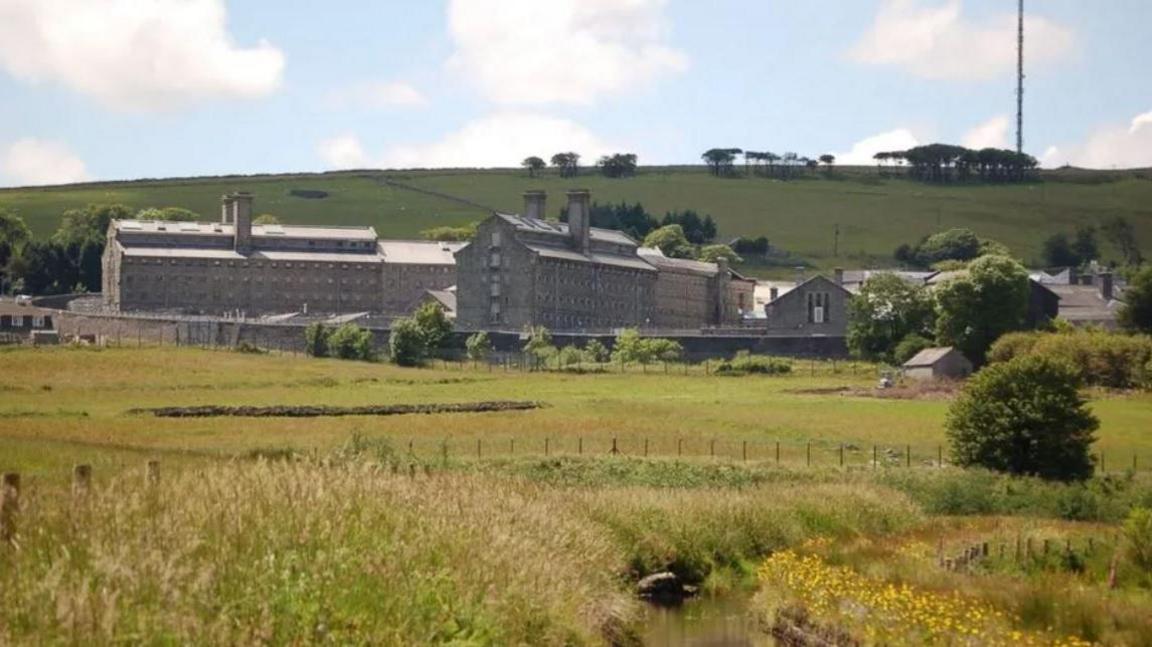
- Published3 February
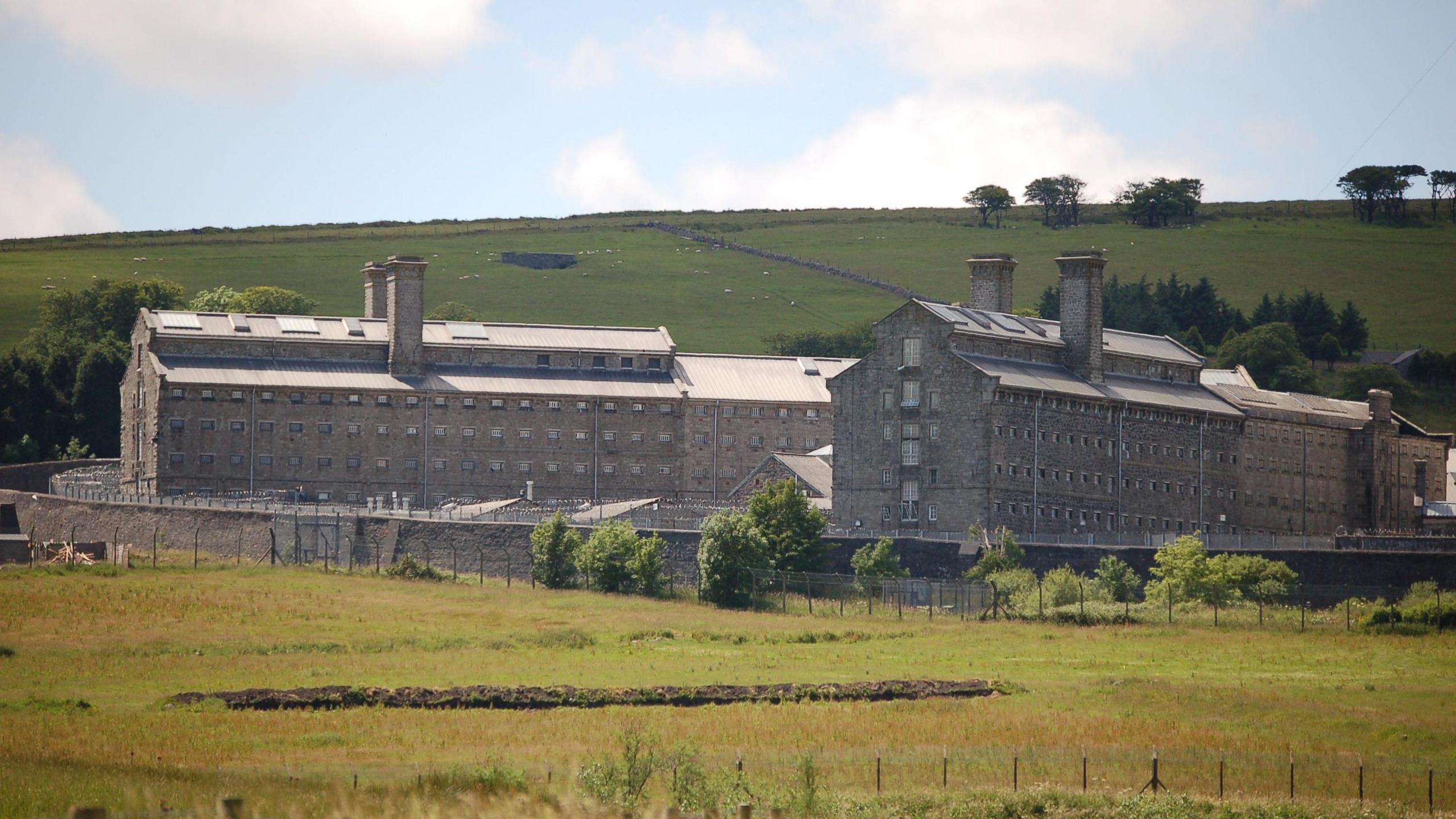
- Published14 January
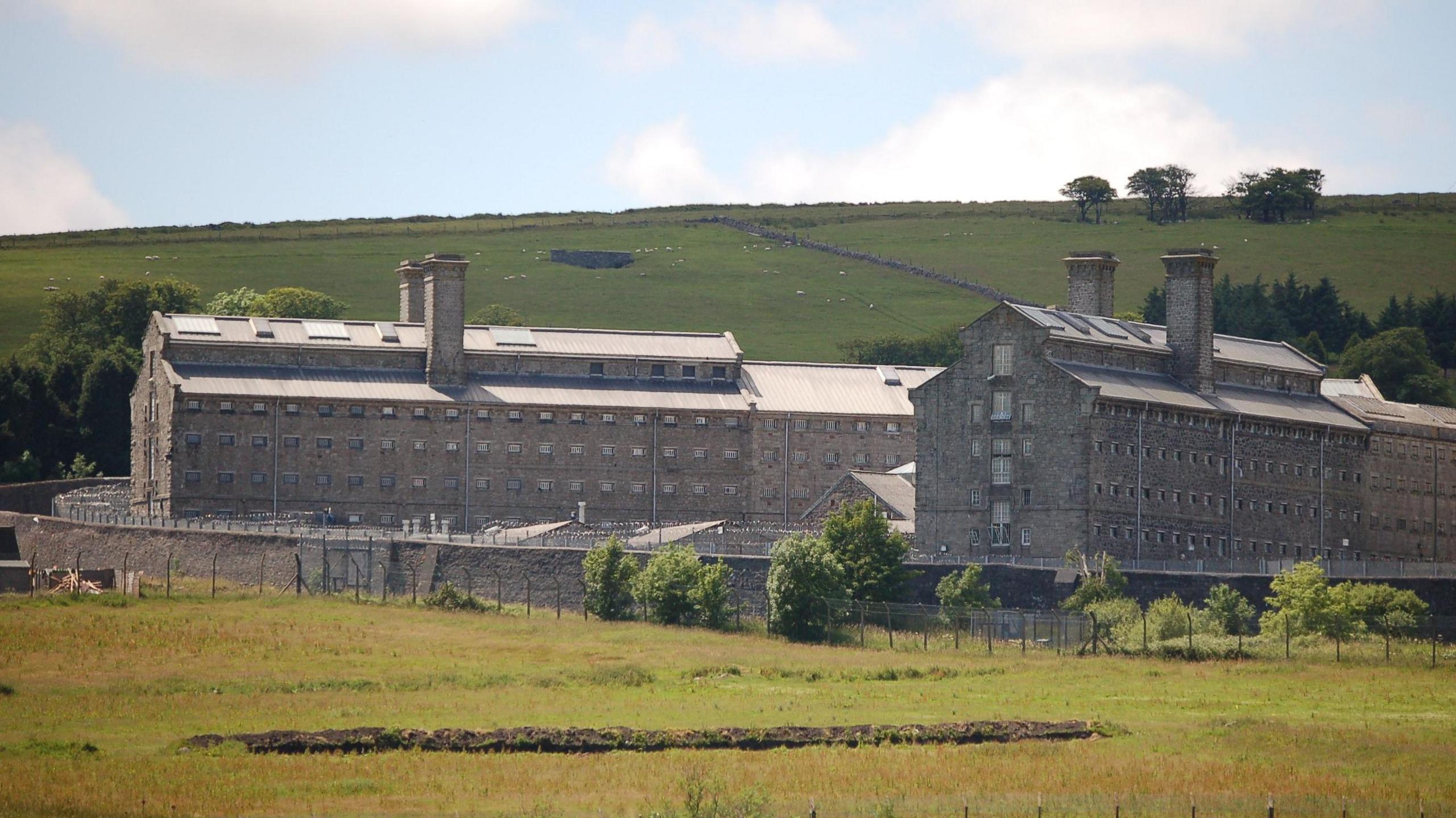
- Published2 August 2024
